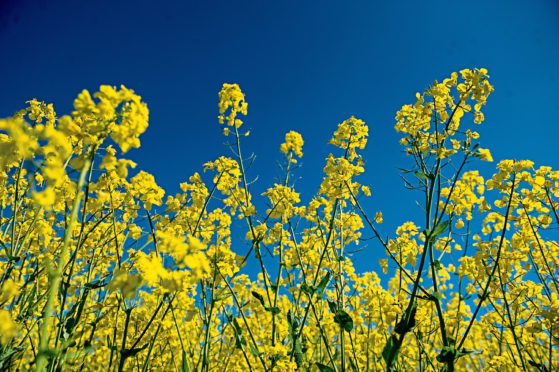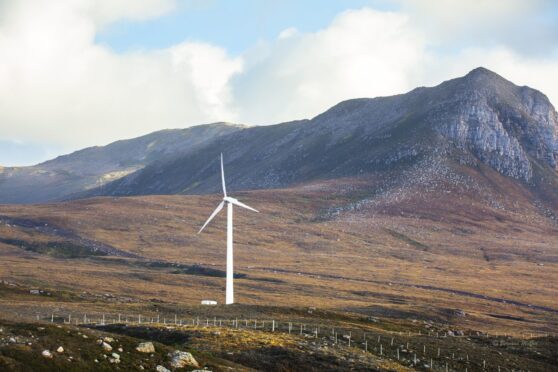A species of parasitic wasp could provide farmers with a chemical-free way of controlling a major pest on oilseed rape crops, claim researchers at the John Innes Centre.
Scientists at the Norwich-based plant research centre say an obscure species of parasitic wasp – microctonus brassicae – could be the solution to tackling cabbage stem flea beetles (CSFB) on rape crops.
The researchers discovered the wasp when studying oilseed rape crops to test CSFB feeding preferences – they found the wasps on the plants even though the beetles were confined to potted oilseed rape plants in micro-perforated bags.
Further studies revealed the colonies of around 3,000 beetles, which had been collected from three farms in the Norfolk area, had been infected by the wasp laying eggs within their bodies.
Experiments also showed that, within controlled conditions, the presence of the wasps in sufficient numbers led to the collapse of CSFB colonies.
Scientists believe microctonus brassicae and other similar species of parasitic wasps could be used as a biocontrol to protect oilseed rape and other crops from CSFB, which have become more of a problem for growers since the European ban on neonicotinoid seed treatments.
“Something that was initially very annoying leading to the collapse of our research colonies has turned out to be fortunate,” said Dr Rachel Wells from the John Innes Centre.
“It offers the possibility of using parasitoid wasps as biocontrols for farmers and growers of oilseed rape and brassica vegetables against cabbage stem flea beetle as part of an integrated pest management approach.”
Further research is being carried out by Rothamsted Research in Hertfordshire to look at wasp presence and parasitism levels across the UK.










